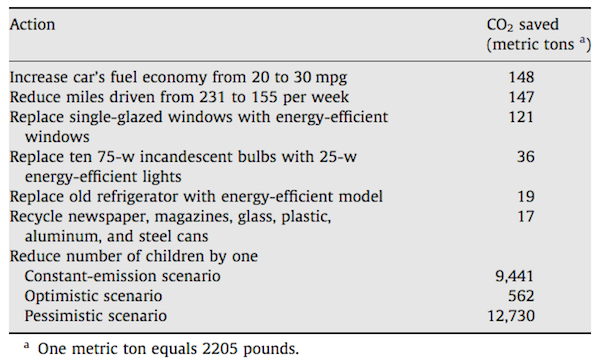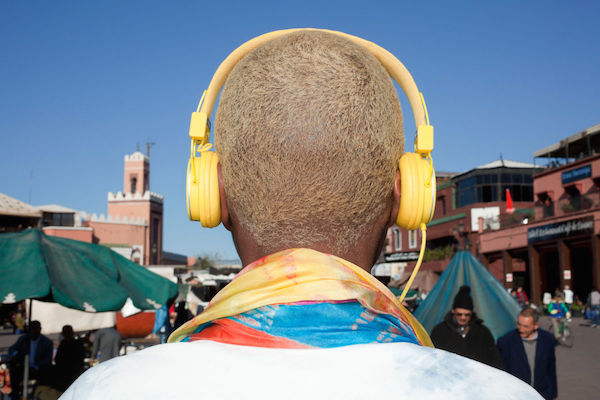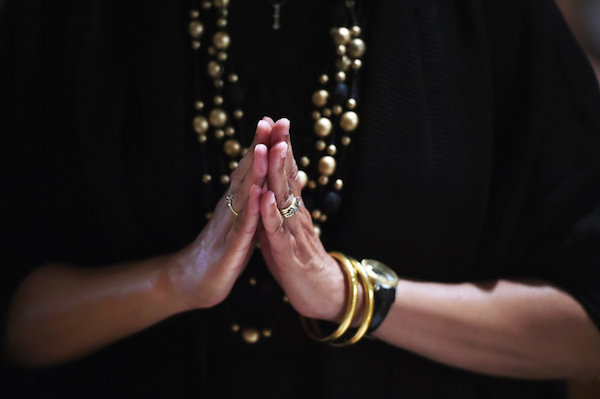What role should corporations play in creating social change?

Heroes they’re not. But when profits and progressive policies align… POW!
Tech companies come out against restrictive immigration laws. Disappointed CEOs abandon their seats on a national business council as the government walks away from climate accords. The normally corrupt NCAA moves a basketball tournament from a state looking to impose discriminatory bathroom laws.
More recently, large retailers have decided — of their own accord, without any law imposed upon them — to raise age minimums and stop selling military-style assault rifles. Even on a micro scale, after incidents like Charlottesville, employers have fired people after being notified of those employees’ hateful online speech.
To be fair, it’s not all rosy. Some businesses have fought for their right not to provide birth control as part of employee health insurance, or their right not to serve LGBT customers. And of course, there’s Citizens United.
But the trend does seem to be toward (most) companies coming down on the side of (mostly) progressive issues. In part, as this article reminds us, because:
Politics is competitive, but the competition is constrained—by time (e.g., elections only happen every two, four, or six years), by geography (e.g., the gerrymandering of districts), and by partisanship, in which every issue often boils down to “the other side is worse.” Many companies cannot rely on time, geography, or negative advertising to save them. Every week is a primary for a consumer brand; the global nature of business exposes companies to more rivals; and no company can thrive by making nothing and investing exclusively in hostile marketing. “Politicians assume they can wait out the outrage, but national companies have to respond to the immediacy of demand.”



